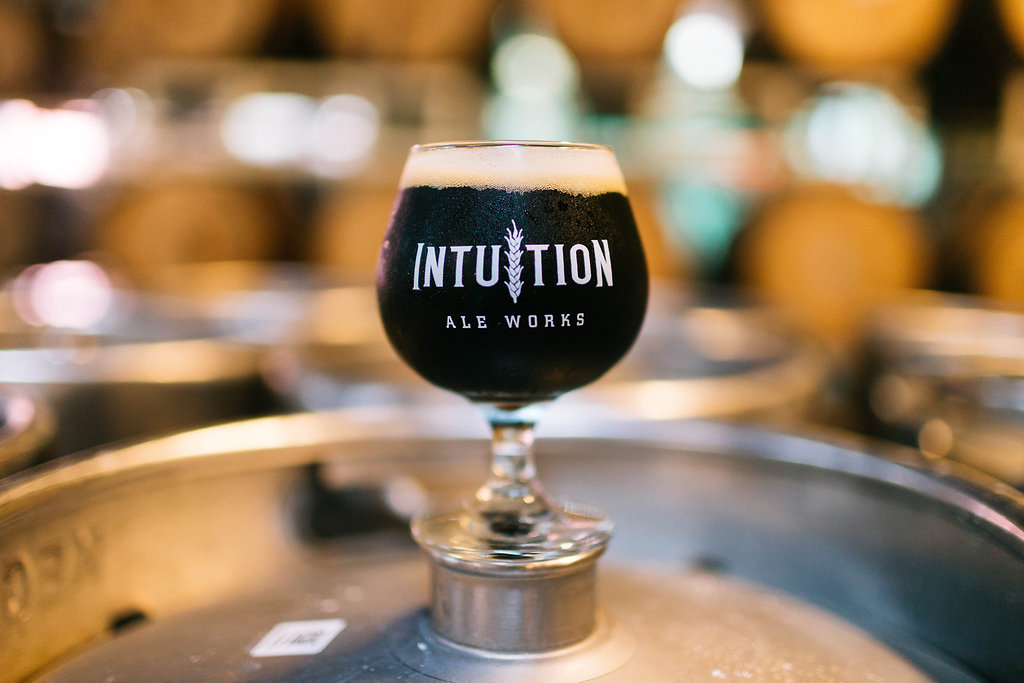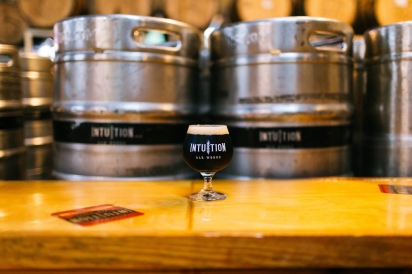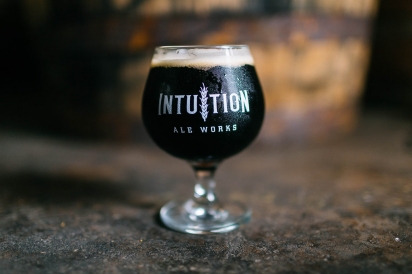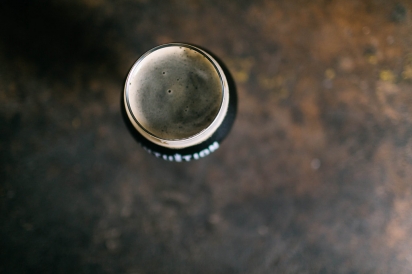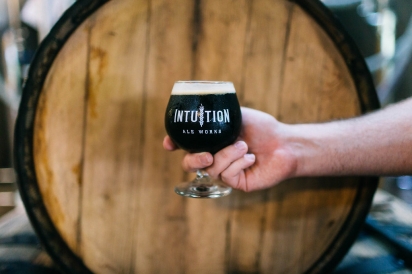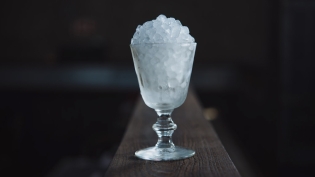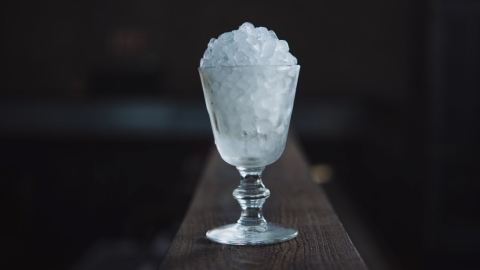Conserving While We Can
In 1516, the German Beer Purity Law decreed that only three ingredients be permitted in the brewing of beer - barley, hops and water. Although barley and hops get all the glory, it should come as no surprise that water is far and away the most important ingredient in the recipe for the world’s oldest and most widely consumed fermented beverage. So important, in fact, that brewers by tradition have their own special word for it - liquor.
Water composition has been the driving force behind some of the world’s most popular beer styles. In the early days, breweries were built around natural water sources, each with their own unique chemistry. Naturally filtered by sandstone, the soft water of Plzeň in the Czech Republic allowed the aroma of Saaz hops and Moravian barley to shine, setting the stage for what is still the world’s most popular style, pale lager or pilsner. Pale ales were made possible by the hard water of Burton-on-Trent, the brewing capital of Britain in its day, which imparted a dry minerality and characteristic sulphuric “snatch” to the bitter beer. Nowadays, breweries are able to treat their water to imitate these kinds of conditions.
Water isn’t just a crucial yet underappreciated ingredient in every beer’s recipe, it’s also a workhorse in the brewhouse. From cleaning and sanitization to chilling and steam generation, water is an essential part of nearly every brewery operation.
Fresh, clean water is a resource and a finite one at that. Severe droughts in California have forced restrictions on brewers’ use of water, prompting them to come up with creative ways to conserve.
While the situation here in Florida may not be quite so dire, environmentally conscious brewers like Ben Davis of Intuition Ale Works aren’t waiting for the wells to run dry to implement conservation techniques of their own.
“There’s no need to use any more water than necessary,” Davis said. “Beer is 90-95% water so we can’t reduce that side of water consumption, but we can reduce the amount of water we use to clean our equipment, tanks, floors, etc.”
Enter Intuition’s new Clean in Place (CIP) system, being installed as part of the new brewhouse opening later this year. Rather than disassemble the pipes, fittings, valves and hoses that make up the brewery’s physical plant, the CIP system circulates water and cleaning agents through a closed loop that saves water otherwise headed for the drain. The result is a cleaner system, which ultimately makes for better beer.
CIP systems are not exactly new technologies. They’ve been used for over 50 years to more efficiently clean everything from dairy and food processing operations to pharmaceutical and cosmetics manufacturing. However, these systems are not cheap and craft breweries are not multi-million or even billion dollar businesses. Walk into any new craft brewery (even the well-funded ones) and you’ll find second-hand equipment, creatively engineered solutions and a decent amount of duct tape – in other words a DIY, start-up culture. So you won’t find the CIP systems in smaller breweries that rely more intensively on manual labor. But as breweries grow, automated systems become not only more accessible, but indispensable when it comes to maintaining consistency, cutting costs and in this case, conserving water.
With an annual production of 7,500 barrels and a major expansion on the horizon, it not only makes environmental but fiscal sense for Intuition to conserve every last drop of precious water. The exact impact of this new program is as of yet unknown but as Davis puts it, “anything we can do to reduce our water use is good for the environment and our bottom line.”


